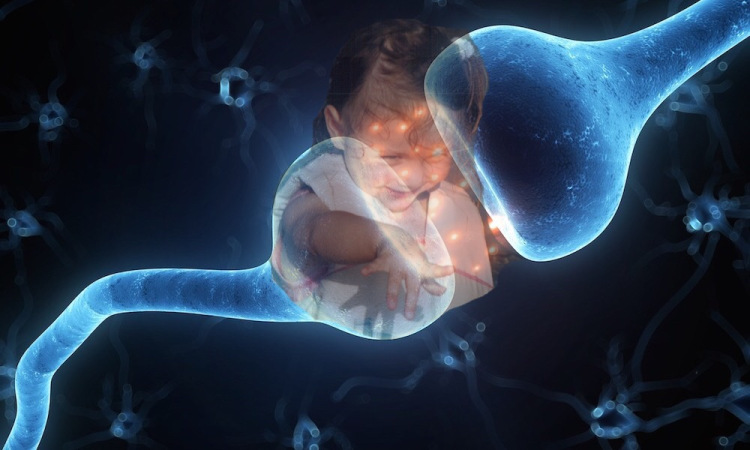That day, I went to the shops for some last minute New Year’s Eve items. In my rush to find a shirt to wear, combined with my desire not to iron anything, I threw on my “it’s OK to talk about suicide” t-shirt. I bought the t-shirt in the preceding year when I walked along the Yarra River with a large group of survivors of suicide. This is true desperation in the quest for clothing, as I usually don’t like drawing attention to myself.
The lady who was serving me the barbecue chicken looked at my t-shirt, paused and said, “You are right, there should be more talk about it. My friend’s daughter died two years ago.” There was a moment as she gazed at the ceiling considering her internal calendar, and then remarked with sad surprise, “In fact it was two years ago, tonight. There’s too much pressure on kids to look good or act a certain way these days.”
She finished packaging the chicken, her eyes moistened by tears that would have to wait for closing time, then walked around the counter with her arms outstretched and said, “Let me give you a hug. Have a good New Year’s and keep up the good work.” I hugged her back and wished her well, as she too navigates her life as someone impacted by suicide.
Imagine if I hadn’t worn the t-shirt. She would simply have been the overworked woman serving the last barbecue chicken to a customer. I would have thanked her for the chicken and she would have said, “Have a nice day,” and moved on to the next customer eager to get their shopping done.
Instead, there was a brief connection, a shared grief. I suspect she went home that night, and as the people around her sang in the new year, she paused to think of the child in her friend’s life who felt death was the only answer to her pain. This lady may have even talked about suicide with her friends and I’m sure they would agree – our mental health system is failing, the social and emotional pressures on our children is beyond reasonable and that death is too high a price to pay for incompetent social constructs.
Our mental health system is not a force of nature, nor in many ways are our behaviors and social expectations. If they were a force of nature, a bushfire for example, we would respond swiftly and with everything we have to right the wrong. Every educational institution would value the need for social and emotional teaching and learning over and above national data collection for academic prowess.
Every mental health organization, hospital and medical practitioner would be not just adequately but amply trained on how to deal with a patient presenting with one or more mental health disorders. There would be a streamlined, coordinated connection of information between all the medical institutions; so that when a 15-year-old girl sits with her mother at the doctors asking for help, as she has reached a dangerously low point in her ability to cope with what life has thrown at her, that doctor not only knows what to do, but can respond with immediate and effective action.
We know that young human beings learn many social and emotional behaviors by witnessing them in action — by having them modeled and then being guided through their endeavors to practice those behaviors. However, not every young human being lives in an environment where the best of human behaviors are modeled. Parenting is hard! Being a parent is not simply because you were able to reproduce another human being. Often, the reason why a person struggles with parenting is because they missed out on the modeling of sound parenting skills.
Being a teacher is not simply because you can stand at the front of a classroom, give out homework and train students to achieve high scores on data collection assessments that feed a governmental agenda. The best of teachers know this — the best of teachers are challenging the archaic teaching and learning constructs of old; pedagogy that simply served the social and economic needs of bygone eras.
As a teacher and a mother who must face the knowledge that I was unable to save my child from the influences of her genetic ancestry and some less than ideal environmental factors, I am well placed to take action. Most significantly, as a teacher, I work in that other environment children inhabit just as much as their home. I can make sure that if the best of human behavior is not being modeled at home, then there is a place where it will be valued, modeled and taught explicitly.

I know with the same surety my next breath will come, that if a child is shown and taught how to navigate their social/emotional world, the natural drive to learn will flourish. I won’t need to wait for the national data collection results to see if my students have made the grade. I will know by their enthusiasm to come to school, their eagerness to learn, their ability to smile at their mistakes and to grin because that mistake means they get to try again. My students will celebrate not only their own achievements, but will celebrate, sincerely, the successes of their peers. They will understand that they are in charge of their learning and they will know how they learn best. And above all else, they will know that their life has meaning, and if they lose their way, there is always a way back.
All I wanted was a shirt to wear to go to the shops. Kathryn was the activist in my household; I was simply the mother of a young activist. Unfortunately, the one battle, the one wrong that she didn’t feel was worth fighting, was for her life. So the baton has become mine – I will wear the t-shirt, I will speak to whoever will listen and I will attack what is wrong as if it were a bushfire.
Follow this journey on FILearning.
If you or someone you know needs help, visit our suicide prevention resources page.
If you need support right now, call the National Suicide Prevention Lifeline at 1-800-273-8255 or text “START” to 741-741.
We want to hear your story. Become a Mighty contributor here.

